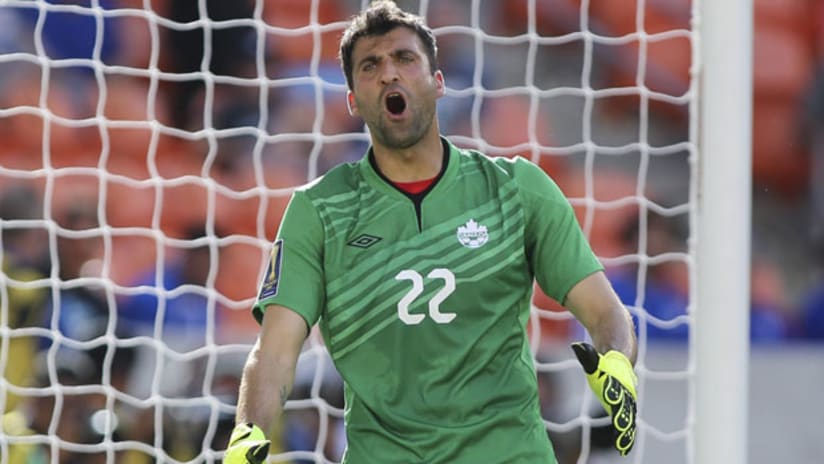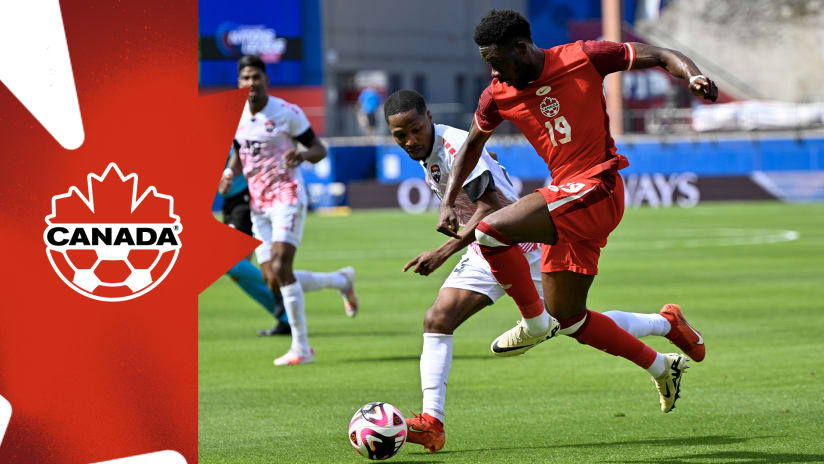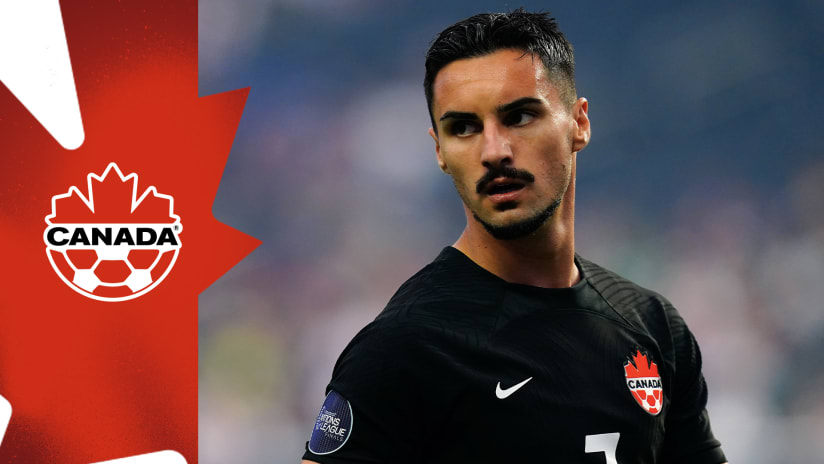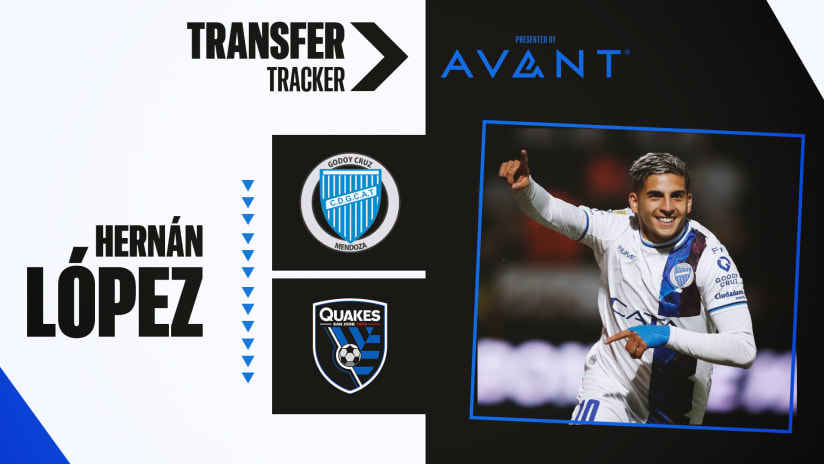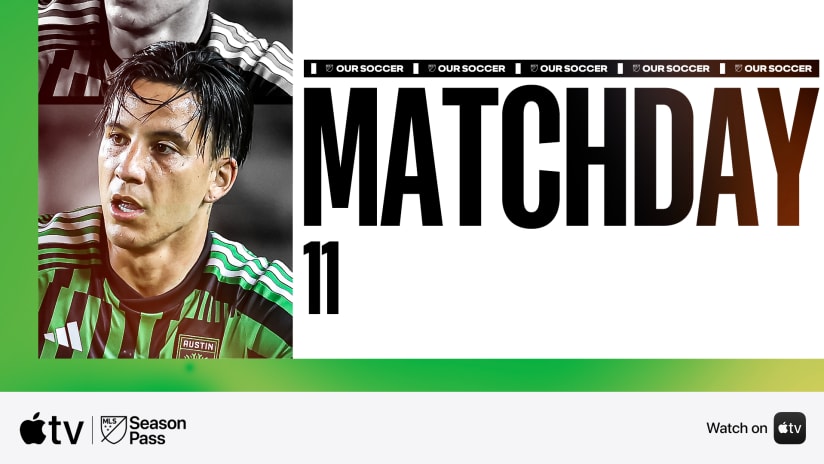For all the talk of progress, Canada’s 2015 Gold Cup is playing out exactly the same way as its 2013 Gold Cup did.
The order of events is a bit different—in 2013, Canada broke its fans’ hearts with a last-minute 1-0 loss in the tournament opener; in 2015, that heartbreaker came in its second group-stage match, against Jamaica on Saturday night.
In 2013, Canada scraped out a 0-0 draw in the closing game of its tournament; in 2015, that scoreless draw came in the opener. They lost their other match in 2013 by a 2-0 score, in case you’re looking to predict the outcome of Tuesday’s game against Costa Rica (8:30 pm ET, FOX Sports 1, UniMas and Sportsnet One in Canada).
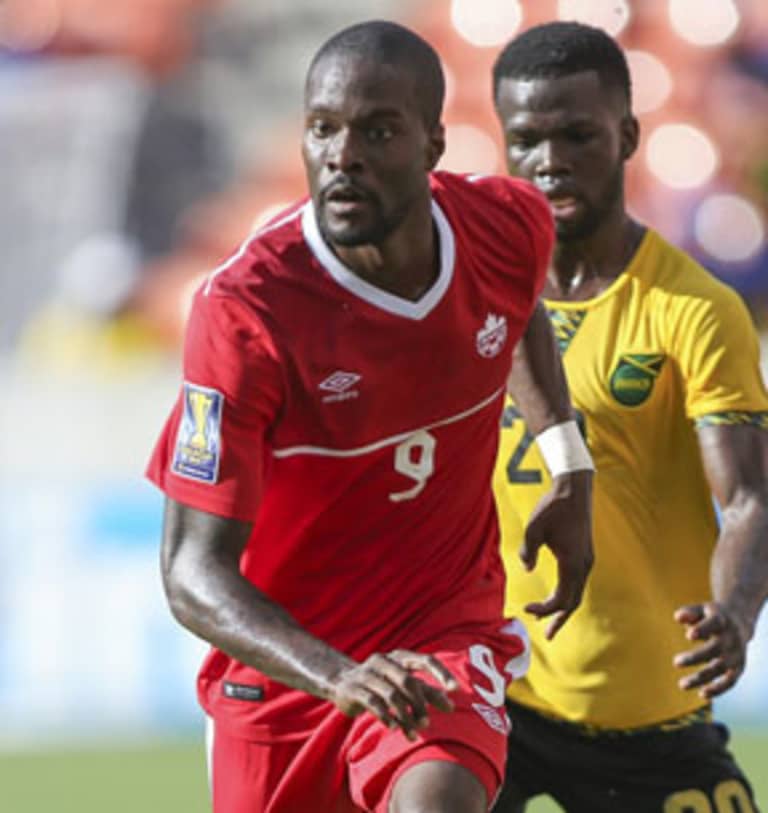
And while Canada will have the benefit of home-field advantage at BMO Field in its final match of the group stage, it’s tough to imagine that its thus-far punchless attack will suddenly spring to life against Group B’s top team.
The common denominator in those two tournaments, and much of the recent history of the men’s national team, is a lack of goal scoring. While the concurrent arrival of Orlando City rookie Cyle Larin and reigning MLS Rookie of the Year Tesho Akindele provided Canadian fans with some dangerous optimism, neither has looked especially effective in this tournament.
Larin, of course, had a marvelous opportunity go wanting against El Salvador. And Tosaint Ricketts (photo, above right) had Canada’s best opportunity against Jamaica, a one-on-one against the goalkeeper, but failed to score. While Ricketts is an enthusiastic, loyal solider for the national team, it’s far from the first time he has missed a golden opportunity to score—and yet, by necessity as much as anything, he retains his spot in Canada’s lineup.
But perhaps even more frustrating for Canadian fans was the absence of Vancouver Whitecaps midfielder Russell Teibert and his Toronto FC counterpart Jonathan Osorio in head coach Benito Floro’s starting lineup. Both youngsters have proven their attacking prowess and playmaking abilities in MLS play, but have struggled to find their way into Floro’s starting XI in his two years as Canada manager.
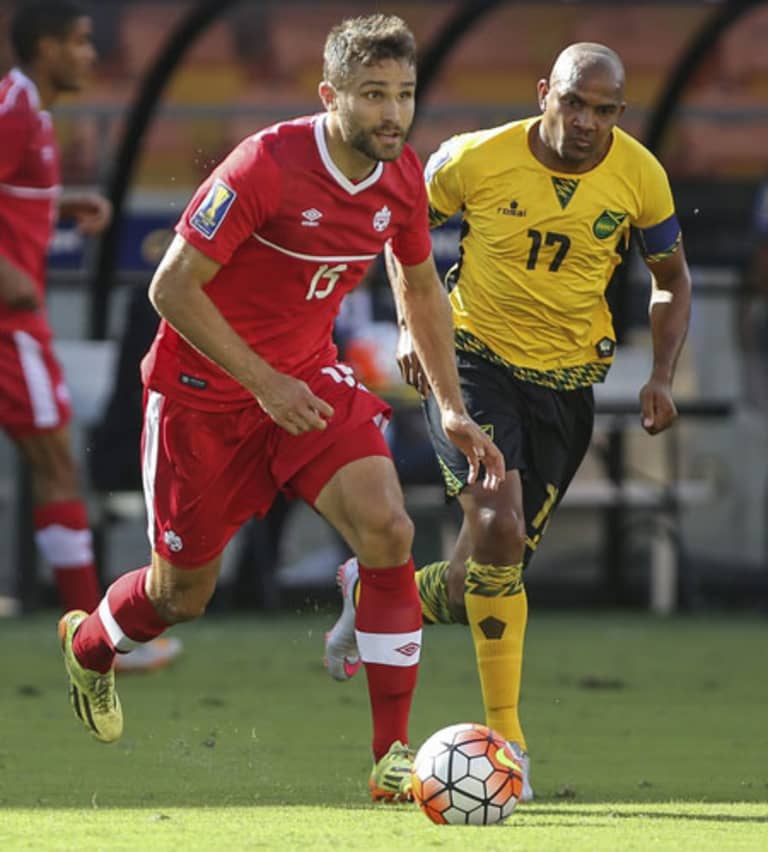
Floro, instead, opted for a defensive-minded midfield, with Adam Straith (photo, right), Samuel Piette and Julian de Guzman all starting. While de Guzman, who was a late scratch against El Salvador with a minor leg injury, made an immediate positive difference right from the start of the game, the Canadians just couldn’t do enough to look menacing on a regular basis.
As expected, Canada wilted as the game went on in the Houston heat, and Floro using his last substitution to bring on defender Andre Hainault in place of Piette (while Osorio remained on the bench) was the clearest sign that after a bright start, Les Rouges were content playing for the draw.
Even though that outcome would probably still have disappointed many Canadian fans—desperate as they are for some reason to get legitimately excited about the squad—it would have put Canada in a much better position to advance in the tournament.
As it stands, with the structure of the competition being what it is, Canada remains alive in their quest for the knockout stages. Depending on how things break down in Group C, two points (or, remarkably, even one point) could be enough to see Canada through.
But scraping through as a third-place finisher, only to be met with the USA or Mexico in the quarterfinals, would hardly have those up north singing from the rooftops. A diehard contingent of Canadian supporters will still be in full voice at BMO Field on Tuesday evening, though their confidence in their side’s capacity to earn a result will surely have been dented by the events of Saturday.
It has been noted that Canada is missing four potential starters in this tournament: Milan Borjan, Atiba Hutchinson, Will Johnson and Doneil Henry. And while that’s not an unfair point, it’s also worth noting the following:
- Kenny Stamatopoulos has done an admirable job in goal, and was in no way at fault for the one goal he’s conceded in two games
- Johnson hasn’t played at all under Floro and, at the 2013 Gold Cup, was battling illness and had to leave the tournament early
- Henry, a natural centerback, has been used as a right back under Floro (with mixed results), so his contribution here would have been anyone’s guess
- Hutchinson also missed the 2013 Gold Cup
It will also be said, most stridently by Floro and those connected with the team, that this Gold Cup is part of a big-picture rebuilding process, and that lessons learned here could yet prove useful as the World Cup qualifying process rolls along.
None of those points are necessarily wrong. Any team will look different without several of its best players, and while the result against Jamaica was devastating, the team’s ability to do the things Floro has been working on – building the play out of the back and holding possession – was somewhat encouraging.
But that’s cold comfort to Canadian fans who’ve seen this script play out before: the feckless attack, the questionable managerial decisions and the vague promise that, at some undefined point down the road, things will get better and the pain will all pay off.
It’s possible that something shocking could happen between now and the end of this Gold Cup, or that this tournament will be forgotten as the team makes a heartening march through World Cup qualifying.
But at the moment, for Canada and its fans, everything just seems so maddeningly familiar.

